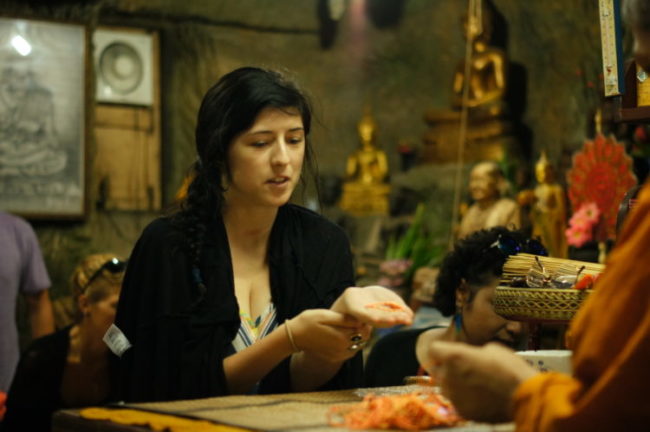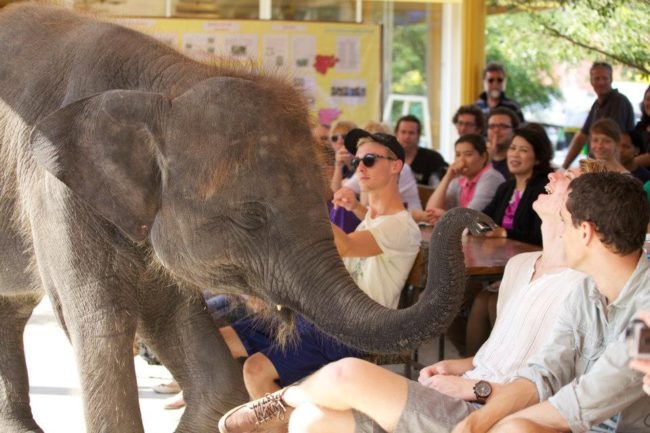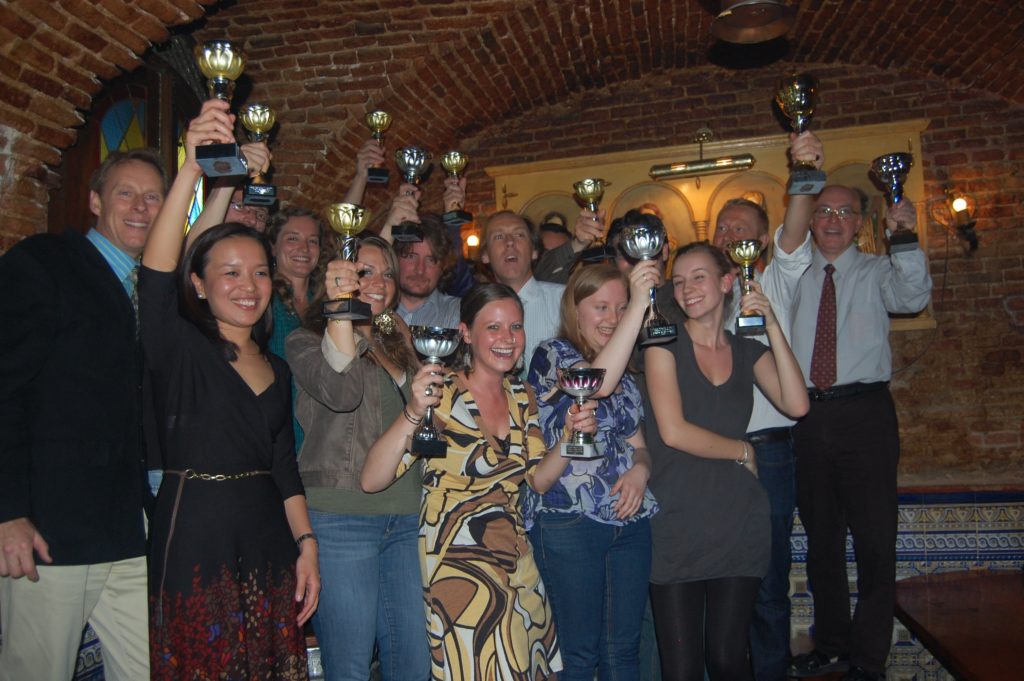Sigh, the job search. The process of applying for work can be exhausting and seemingly never-ending, but the more you do it, the better you get at it…or should, theoretically.
One thing your job search NEEDS to be to spare you from returning to the drawing board time and time again is reflective. Here are some ways to soul search before you job search to ensure your hunt is as focused and beneficial as possible!
1. What drives you?
Ok, first thing’s first – your greater purpose. It’s not the easiest thing to define right off the bat, but it absolutely should determine where you look for work, so it’s a good place to start.
There are many things that might motivate you, but in the world of work, it’s often a matter of either money or meaning. You might be able to have both, but honestly ask yourself which is your priority. If you can’t imagine working a job that isn’t tied to your core values and beliefs, you’re likely attracted to work that serves a larger cause. Start by researching non-profits. If your salary and security are your primary concerns, you might be made to climb the corporate ladder. If both seem equally important to you, look into mission-driven businesses.
2. Make everything your business
Especially early in your search, it’s worth learning something about every industry and field. Why? Because you never know how it might influence your path!
Take academia, for example. You might have been the readiest person in your senior class to graduate and “never” return to a college campus, but taking a job at a university will give you firsthand knowledge of what it’s like to actually work in that environment. Love it or hate it, you’ll learn what you do like about it, develop new skills, find which areas you excel in, broaden the work experience on your resume, and maybe even discover an interest you never even knew you had.
I don’t recommend purposely seeking out jobs you think you won’t like, but when you’re still figuring out what you want, be open to what comes your way and options you haven’t yet considered.
To quote one of my favorite books on coming of age, The Defining Decade: Why Your Twenties Matter — And How to Make the Most of Them Now, “Forget about having an identity crisis and get some identity capital. … Do something that adds value to who you are. Do something that’s an investment in who you might want to be next.” In other words, you’ve got to commit to grow.
3. Know your personality and your skills
Are you a real people person, or are numbers your best friend? Do you thrive on a team or flourish by yourself? The answers to questions like these are essential and should directly impact the type of position you pursue.
The widespread success of self-assessment tools such as StrengthsFinder and the DiSC Profile is undoubtedly due to the fact that they help consumers figure out what they want, where and how they fit into the work force. Many people’s first exposure to these tools, though, is at their workplace. I recommend drawing on these resources, or even inventing your own system for critically assessing your strengths, to learn who you are before settling into employment.
Also, know that the answers to these questions might already be apparent to you, and maybe all you need to do is a little more research to realize where you fit. For example, I always knew that I was a people person who’s motivated by mission, not money, and excels in roles that allow me to write, be creative and independent. However, finding the workforce translation for that particular skill set was key. Once I realized that meant I am well-suited to work in outreach for a non-profit with a start-up feel, I knew where to look for work and the rest fell into place.
4. Define your preferences
By preferences, I mean the logistical and environmental aspects of your job. What type of schedule do you want? Are your goals more in-line with a typical 9 to 5 or an atypical setup, perhaps working nights or juggling part-time gigs? Do you enjoy working at a desk or desire a less traditional work setting? Do you dream of working from home?
Many people don’t dare ask themselves those types of questions because they don’t foresee themselves being able to accommodate them, but how can you ever come close if you don’t at least decide what your ideal work life would look like?
If you’re open to the realm of possibilities, then you have an endless configuration of options. Start by defining your ideal, and once you’ve begun applying, reevaluate and prioritize your preferences to find the best fit for you. Don’t get caught up trying to make yourself the best fit for the job without first considering if it meets your needs and preferences.
5. Use who you know
This one’s pretty simple but altogether crucial. When you learn how to use the connections you have, you begin to understand how the world of work functions. It goes beyond the job search. In my role as Outreach Coordinator with Greenheart Travel, I must endlessly draw from the connections I’ve made to continue growing and building my network.
Emailing friends of friends, inviting them to coffee, engaging new contacts in conversation, following up with a thank you, and asking to be introduced to others are all invaluable ways to practice networking. The conversations you’ll have also serve to teach you more about other industries, skill sets, and preferences.
By hearing from others how they got to where they are now, you can start to see the endless possibilities of your own journey and piece together which parts of yourself you still need to explore to find what fulfills you.
6. Travel
Meg Jay, author of The Defining Decade, writes, “Traveling in a third-world country is the closest thing there is to being married and raising kids. You have glorious hikes and perfect days on the beach. You go on adventures you would never try, or enjoy, alone. But you also can’t get away from each other. Everything is unfamiliar. Money is tight or you get robbed. Someone gets sick or sunburned. You get bored. It is harder than you expected, but you are glad you didn’t just sit home.”
There are few more eye-opening experiences than those which come with travel. Go alone and become more self-reliant. Go with friends and learn to care for others. Go with family and discover your roots. Go for work and learn to teach, navigate ambiguity, and serve as a leader. Go, and you’ll learn much of what you need to know about yourself for not just your career, but your life.
You have the greatest potential for growth when you step outside of your comfort zone. For this reason, stepping into another culture is always a formative experience. When you add working in a new country, the need to be resourceful in order to surmount unique challenges makes your growth exponential.
In whichever way you choose to soul search, let it inform the type of work you pursue. Aligning your job with your personal goals and priorities will make it feel less like a job and more like a career you can invest in.






